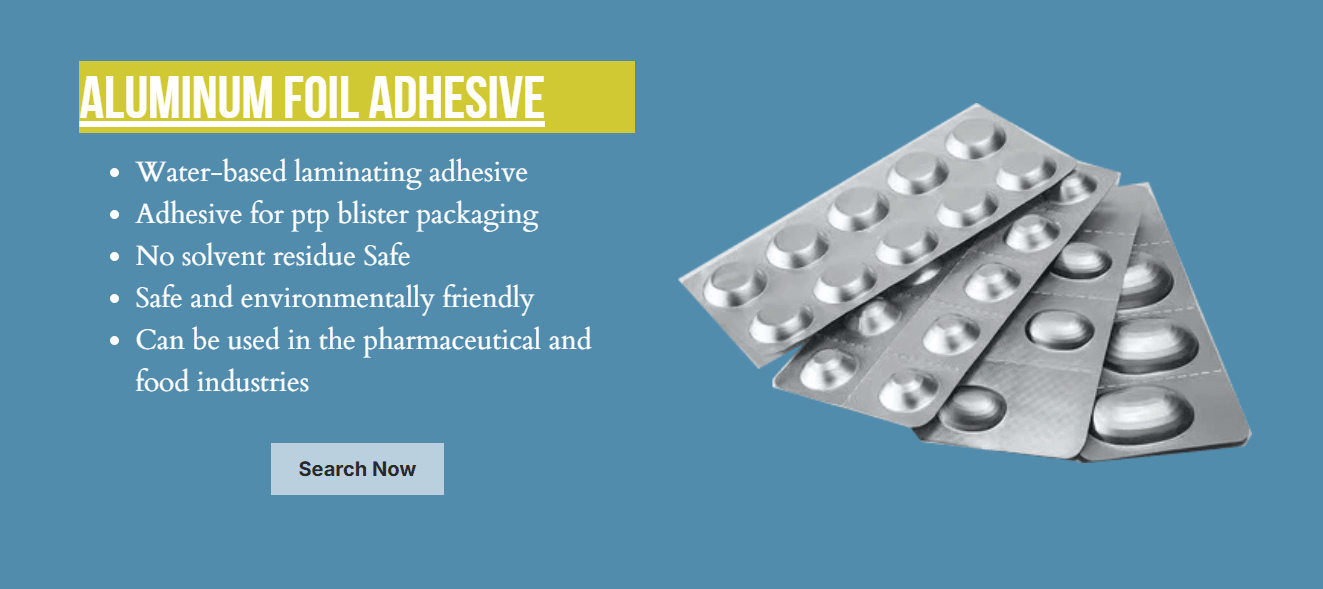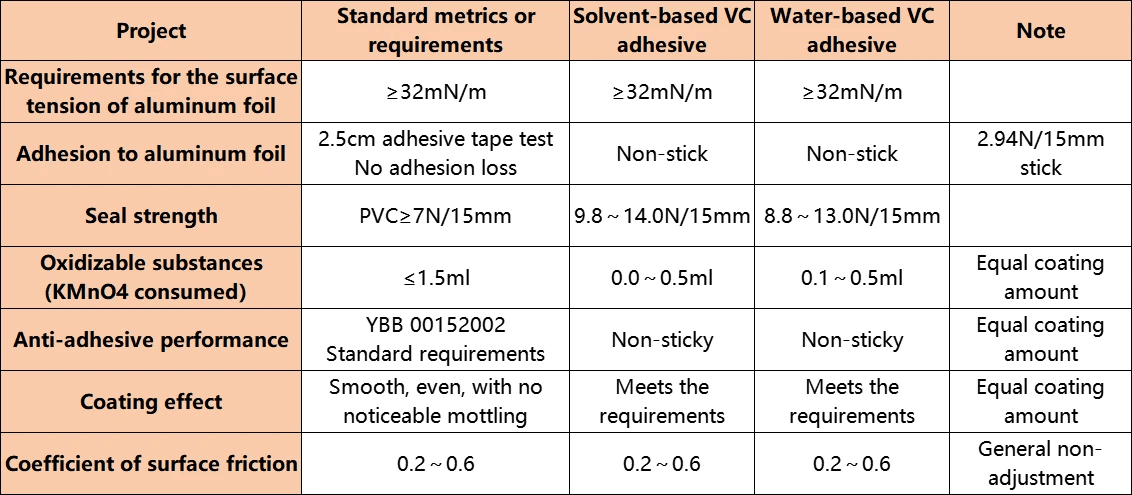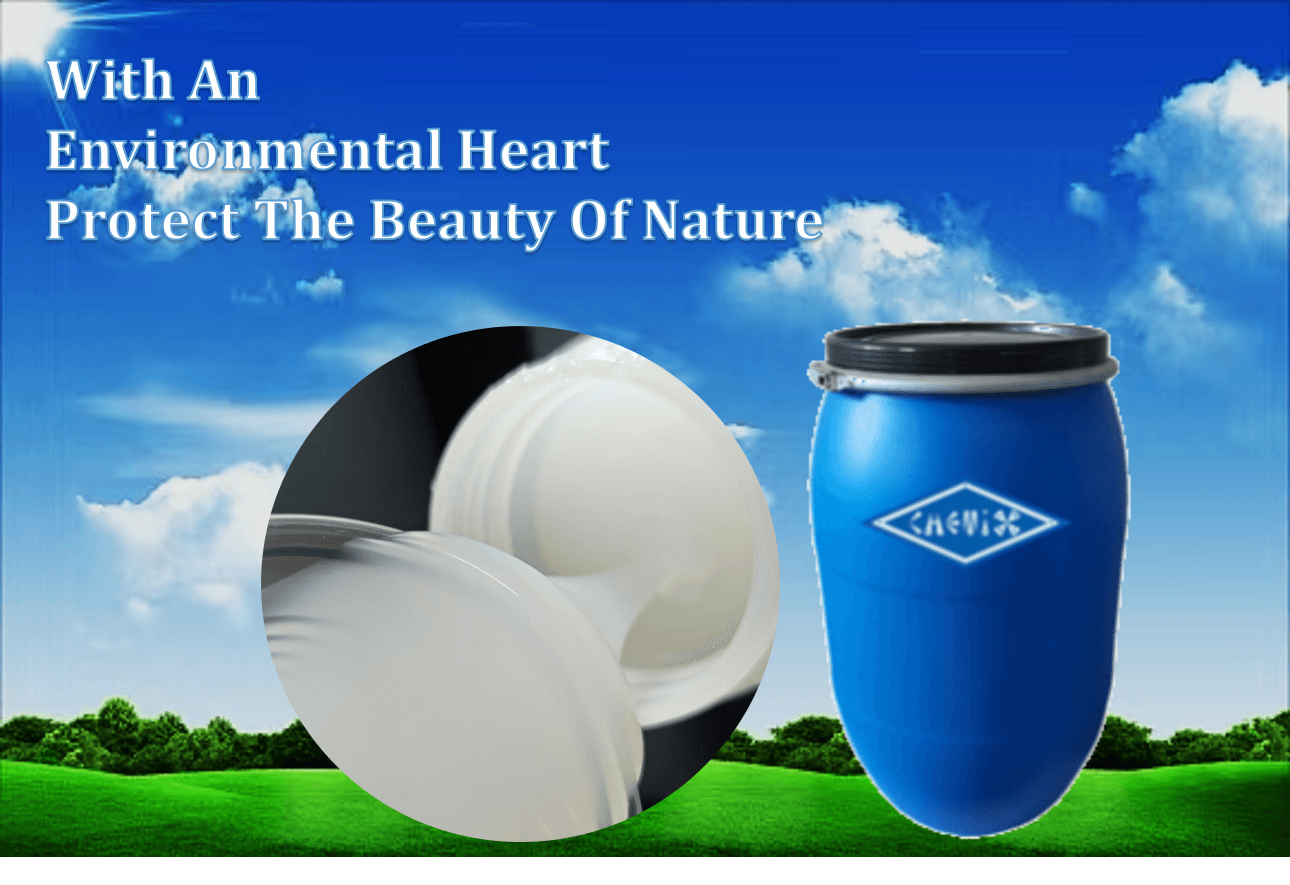Introduction

In the world of manufacturing and construction, industrial adhesives play a pivotal role in ensuring products are assembled efficiently and effectively. These specialized adhesives offer unique bonding solutions that are crucial for various applications, from automotive assembly to electronics packaging. Understanding what industrial adhesives are and how they function can significantly impact the quality and durability of the final product.
Understanding the Role of Industrial Adhesives
Industrial adhesives are not just simple glues; they encompass a wide range of formulations designed for specific bonding needs. When we ask, What are industrial adhesives? we discover that these substances provide strength, flexibility, and resistance to environmental factors, making them indispensable in many sectors. The right adhesive can enhance performance and longevity while reducing production costs.
The Impact of Adhesives in Various Industries
Adhesives have transformed numerous industries by enabling innovative designs and improving product reliability. In automotive manufacturing, for instance, the use of industrial adhesives contributes to lighter vehicles with better fuel efficiency without compromising safety or performance. Similarly, in construction, these bonding agents facilitate faster assembly times while ensuring structural integrity—demonstrating their widespread impact across various fields.
Choosing the Right Adhesive for Your Needs
With so many options available, selecting the right adhesive can feel overwhelming; however, understanding key factors simplifies this process. Questions like What is the strongest industrial adhesive? or What are the three main types of adhesives? guide users toward informed decisions tailored to their specific applications. By considering factors such as material compatibility and environmental conditions, individuals can navigate through choices like industrial adhesives and sealants effectively.
What are Industrial Adhesives?

Industrial adhesives are specialized bonding agents designed for use in manufacturing and construction processes. These substances play a vital role in joining materials together, offering strength, durability, and versatility across various applications. Understanding industrial adhesives is essential for selecting the right product to meet specific requirements.
Definition and Key Characteristics
At their core, industrial adhesives are substances that bond two or more surfaces together through chemical or physical means. They differ from traditional glues in terms of strength, curing time, and resistance to environmental factors like heat and moisture. Key characteristics include adhesion strength, flexibility, curing methods (such as heat or moisture), and resistance to chemicals, which make them indispensable in sectors like automotive manufacturing and construction.
Common Applications and Benefits
Industrial adhesives find their way into numerous applications across different industries. From automotive assembly lines where they bond metal parts to construction sites where they secure tiles or panels, these adhesives enhance productivity while ensuring structural integrity. The benefits of using industrial adhesives include reduced weight compared to mechanical fasteners, improved aesthetics by eliminating visible joints, and increased resistance to fatigue over time.
Environmental Considerations
As the world becomes more eco-conscious, the environmental impact of industrial adhesives cannot be overlooked. Many traditional adhesives contain harmful solvents that can contribute to air pollution; however, innovations have led to the development of water-based options that minimize this effect. Additionally, biodegradable adhesive technologies are emerging as viable alternatives that maintain performance while reducing ecological footprints—an important consideration for industries looking to adopt greener practices.
What is the Strongest Industrial Adhesive?

An Overview of Epoxy Adhesives
Epoxy adhesives are often celebrated as some of the strongest industrial adhesives available on the market today. Composed of a resin and a hardener that chemically react when mixed, these adhesives create an incredibly durable bond that can withstand various environmental conditions. With their impressive resistance to heat, chemicals, and moisture, epoxy adhesives find applications in industries ranging from aerospace to automotive manufacturing.
One of the defining characteristics of epoxy is its versatility; it can bond metals, plastics, ceramics, and even wood with remarkable efficacy. Moreover, epoxy's ability to fill gaps makes it an ideal choice for uneven surfaces where other adhesives might fail. As a result, many professionals consider epoxy as one of the top choices when asking what is the strongest industrial adhesive.
Polyurethane and Its Superior Bonding
Polyurethane adhesives are another heavyweight contender in the realm of industrial adhesives known for their superior bonding capabilities. These versatile formulations offer excellent flexibility while maintaining strong adhesion across various substrates like wood, metal, glass, and plastics. This makes polyurethane particularly advantageous in industries where movement or vibration may occur since it can absorb stress without cracking.
Unlike epoxy options that cure rigidly once set, polyurethane remains somewhat pliable after curing; this unique property allows for better performance under dynamic loads. Additionally, polyurethane's resistance to moisture makes it an excellent choice for outdoor applications or environments prone to humidity—factors that often challenge other types of industrial adhesives. When considering what industry uses adhesives effectively under challenging conditions like these—polyurethane stands out as a premier option.
Comparing Strengths: Adhesive Test Results
To determine which adhesive reigns supreme among industrial adhesives—epoxy or polyurethane—various tests measure tensile strength (the force required to pull something apart), shear strength (the force needed to slide layers apart), and environmental resistance capabilities such as temperature fluctuations and exposure to solvents. Generally speaking, epoxy tends to outperform polyurethane in terms of sheer tensile strength but may not be as flexible under stress.
In head-to-head tests involving real-world applications across multiple industries—from automotive assembly lines using structural bonding techniques to construction projects requiring durable sealants—the results have shown both types excel depending on specific needs. For instance: if you're looking for rigidity combined with high temperature resistance during manufacturing processes; epoxy may be your go-to adhesive solution! Conversely: if flexibility during installation matters more than ultimate strength; then opting for polyurethane could yield better long-term results.
Ultimately deciding which type qualifies as the strongest depends largely on context—what industry uses these powerful materials? And what are the three main types of adhesives best suited for your application? Understanding these factors will guide you toward making informed decisions about which adhesive aligns perfectly with your project requirements!
What Industry Uses Adhesives?

Industrial adhesives have become indispensable in a variety of sectors, revolutionizing how products are manufactured and assembled. From automotive to electronics, these versatile bonding agents play a critical role in enhancing performance and durability. Understanding what industry uses adhesives can help businesses choose the right adhesive solutions tailored to their specific needs.
Adhesives in Automotive Manufacturing
In the automotive industry, industrial adhesives are essential for assembling components that require both strength and flexibility. They bond materials like metals, plastics, and glass, contributing to the vehicle's structural integrity while reducing weight—an important factor for fuel efficiency. Additionally, understanding what is the strongest industrial adhesive helps manufacturers select options that withstand various stresses encountered on the road.
The use of adhesives has also expanded into areas like sound dampening and vibration control within vehicles. This not only enhances comfort but also improves overall performance by minimizing wear on mechanical parts. With innovations continually emerging, automotive manufacturers are increasingly relying on industrial adhesives and sealants to meet stringent safety regulations and consumer expectations.
The Role of Adhesives in Construction
Adhesives play a pivotal role in construction by providing robust bonding solutions for diverse materials such as wood, concrete, metal, and glass. These industrial adhesives offer advantages over traditional fastening methods like screws or nails by distributing stress more evenly across surfaces. This results in stronger structures that can better withstand environmental factors while offering design flexibility.
Moreover, understanding what are the three main types of adhesives—structural adhesives, pressure-sensitive adhesives, and reactive adhesives—enables construction professionals to select the most appropriate products for specific applications like flooring or roofing systems. The ability to create strong bonds without compromising aesthetics is particularly valuable in modern architectural designs where visual appeal is paramount.
As sustainability becomes a priority in construction practices, innovative biodegradable adhesive technologies are making their way into this sector as well. These advancements not only reduce environmental impact but also enhance compliance with green building standards—a win-win for builders aiming for eco-friendly projects.
Adhesives in Electronics and Packaging
In electronics manufacturing, industrial adhesives serve crucial functions such as securing components on circuit boards or adhering screens to devices. Given the need for precision and reliability in this high-tech field, selecting what is the strongest industrial adhesive is vital for ensuring product longevity under various conditions including heat or moisture exposure.
Packaging applications also heavily rely on various types of industrial adhesives to ensure that products remain secure during shipping while maintaining an appealing presentation on shelves. Pressure-sensitive adhesives provide easy opening features without compromising packaging integrity—an essential aspect of consumer satisfaction today.
The evolving landscape of electronics means that manufacturers must stay updated with innovations related to industrial adhesives and sealants that enhance functionality while meeting regulatory standards regarding safety and environmental impact. As technology advances further into smart devices and sustainable packaging solutions emerge, the demand for specialized adhesive formulations will continue to grow across industries.
What are the Three Main Types of Adhesives?

When it comes to industrial adhesives, understanding the different types is crucial for selecting the right one for your project. Each type serves a unique purpose and offers specific benefits that cater to various applications across industries. In this section, we will delve into the three main types of adhesives: structural adhesives, pressure-sensitive adhesives, and reactive adhesives.
Understanding Structural Adhesives
Structural adhesives are the heavyweights in the world of industrial adhesives, designed to create strong bonds capable of withstanding significant stress and load. They are commonly used in applications where strength and durability are paramount, such as in automotive manufacturing and aerospace engineering. These adhesives often provide excellent resistance to environmental factors like moisture and temperature fluctuations, making them ideal for demanding conditions.
The strongest industrial adhesive typically falls within this category, with epoxy-based formulations leading the charge due to their exceptional bonding capabilities. Structural adhesives can bond a variety of substrates including metals, plastics, and composites, resulting in versatile applications across many industries. In essence, if you need an adhesive that can bear the brunt of heavy lifting—structural adhesives are your go-to choice.
The Importance of Pressure-Sensitive Adhesives
Pressure-sensitive adhesives (PSAs) might not be as robust as their structural counterparts but play an equally vital role in various applications within industrial settings. These types of industrial adhesives adhere on contact when pressure is applied without requiring heat or solvents for activation. This characteristic makes them incredibly user-friendly and efficient for tasks ranging from labeling products to assembling electronic devices.
In industries such as packaging and electronics, pressure-sensitive adhesives offer quick application times and versatility while maintaining reliable bond strength under moderate conditions. Their ability to allow repositioning before final adhesion also makes them popular among manufacturers looking for flexibility during assembly processes. When considering what industry uses adhesive technologies effectively—pressure-sensitive options shine brightly due to their everyday utility.
Exploring Reactive Adhesives and Their Uses
Reactive adhesives represent another essential category among what are the three main types of adhesives available today. These industrial adhesives undergo a chemical reaction when mixed or exposed to specific conditions (like moisture or UV light), resulting in a strong bond once cured. Commonly used in automotive applications as well as construction projects, reactive adhesives offer high-performance characteristics that make them suitable for challenging environments.
One notable example includes polyurethane-based reactive adhesives which provide excellent elasticity alongside impressive strength—making them ideal for bonding dissimilar materials like metals to plastics or glass. Additionally, these types of industrial adhesives often boast superior resistance against chemicals and temperature extremes compared to other adhesive categories. As industries continue evolving towards more complex assemblies requiring innovative solutions—the importance of reactive adhesive technology cannot be overstated.
Innovations in Industrial Adhesives

In the ever-evolving world of industrial adhesives, innovation is key to meeting the diverse needs of various industries. As technology progresses, manufacturers are developing new solutions that enhance performance while addressing environmental concerns. This section explores some of the most exciting advancements in industrial adhesives and sealants.
Chemix's Water-Based Resin Solution
Chemix has introduced a groundbreaking water-based resin solution that is revolutionizing the use of industrial adhesives. This innovative product offers exceptional bonding capabilities while being environmentally friendly, making it a top choice for manufacturers looking to reduce their ecological footprint. With its low VOC emissions and easy cleanup, Chemix's water-based resin stands out as a practical alternative in industries where traditional solvents pose health risks.
The versatility of this water-based adhesive allows it to be used across various applications, from woodworking to construction and beyond. By addressing common concerns associated with conventional adhesives, Chemix is setting a new standard for what industrial adhesives can achieve. Moreover, this advancement demonstrates how modern technology can align with sustainability efforts without compromising performance.
Advances in Biodegradable Adhesive Technology
As environmental awareness grows, advances in biodegradable adhesive technology are becoming increasingly important in the realm of industrial adhesives. These eco-friendly options decompose naturally over time, significantly reducing waste and pollution associated with traditional adhesive products. Industries like packaging and construction are particularly benefiting from these innovations as they seek sustainable solutions without sacrificing strength or durability.
Biodegradable adhesives are engineered to provide robust bonding while ensuring that their environmental impact is minimal after use. Manufacturers are now able to choose from a range of biodegradable options tailored for specific applications, demonstrating that sustainability does not have to come at the cost of performance. As more companies embrace these technologies, we can expect an industry-wide shift towards greener practices in adhesive manufacturing.
Future Trends in Adhesive Manufacturing
Looking ahead, several trends are emerging that will shape the future landscape of industrial adhesives and sealants. One notable trend is the integration of smart technologies into adhesive formulations; this could lead to products that change properties based on environmental conditions or user needs—imagine an adhesive that strengthens when exposed to moisture! Such innovations could redefine what we consider when asking What is the strongest industrial adhesive? as strength becomes context-dependent.
Another trend involves increasing customization options for specific industries; manufacturers will likely focus on creating tailored solutions designed for unique applications across sectors such as automotive or electronics—essentially answering What industry uses adhesives? with precision-targeted products designed specifically for those markets' challenges and requirements. Furthermore, developments in automation within production processes promise increased efficiency and consistency in manufacturing high-quality industrial adhesives.
In conclusion, innovations such as Chemix’s water-based resin solution and advances in biodegradable technology highlight how far we've come—and how far we still have to go—in improving industrial adhesives' functionality and sustainability. The future holds exciting possibilities driven by smart technologies and customized solutions tailored for specific industries’ needs.
Conclusion
In the ever-evolving landscape of manufacturing and construction, industrial adhesives play a crucial role in ensuring efficiency and durability. From automotive to electronics, understanding what are industrial adhesives is key to optimizing production processes and enhancing product quality. As we conclude this exploration, let’s recap the essentials that define the world of industrial adhesives.
Key Takeaways on Industrial Adhesives
Industrial adhesives are not just sticky substances; they are engineered solutions with specific characteristics tailored for various applications. The strongest industrial adhesive often depends on the context—epoxy adhesives stand out for their exceptional bonding capabilities, while polyurethane offers versatility across different materials. Additionally, recognizing what industry uses adhesives helps in selecting the right type for specific needs, whether it's automotive manufacturing or construction.
Choosing the Right Type of Adhesive
When it comes to choosing the right type of adhesive, it's essential to consider factors such as material compatibility and environmental impact. Understanding what are the three main types of adhesives—structural, pressure-sensitive, and reactive—can guide you in making informed decisions that enhance performance and longevity. Whether you're sealing a window frame or assembling electronic components, selecting appropriate industrial adhesives can make all the difference in your project’s success.
The Future of Adhesives in Industry
The future of industrial adhesives is bright with innovative advancements on the horizon. As sustainability becomes increasingly important, developments in biodegradable adhesive technology are paving new paths for eco-friendly options without sacrificing strength or performance. With ongoing research and innovation in formulations like Chemix's water-based resin solution, we can expect even more efficient and environmentally friendly industrial adhesives that will revolutionize how industries operate.
